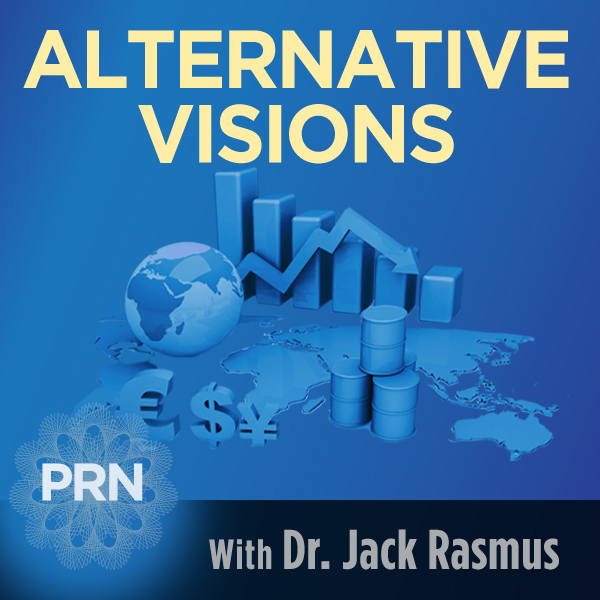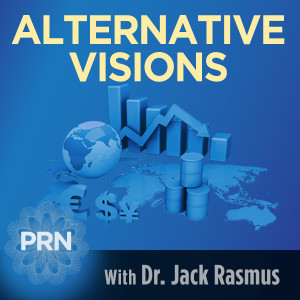
Jack Rasmus explains how Europe’s ‘stop-go’ recovery and its version of an ‘Epic recession’ (i.e. short, shallow recoveries followed by economic relapses and double dip recessions) is proving worse than the USA’s experience with ‘stop-go’ recovery since 2009. While the USA’s economy has slowed to zero or less on three different occasions since 2009 (in 2011, 2012, and now 2014), Europe’s economy experienced an even worse bona fide double dip recession, even weaker recoveries between, and now appears headed to another slowdown after only a year of a paltry 0.2% GDP growth. As Depression conditions continue in Southern Europe and the Euro periphery economies, Northern Europe economies (France, Netherlands, Finland, etc.) are also beginning to experience declining real investment, falling exports, and slowing household consumption as well. Meanwhile, governments continue ‘austerity’ policies, struggle with a continuing fragile banking system and government debt, and continue to ‘talk down’ the crisis. Jack explains the role of European Central Bank monetary policies in Europe behind Europe’s current drift toward deflation and economic stagnation, which are the ultimate source of its continuing fiscal austerity policies. The role of emerging markets’ capital flows to Europe, western global investors and shadow banks chasing risky corporate junk bond ‘yield’ and Eurozone periphery government bonds as key elements to today’s emerging ‘3rd phase’ of the crisis. Jack also explains the effects of changing China and Japan policies on Europe, the Ukraine crisis effect on Europe, and why the drift toward deflation Eurozone-wide will continue. Dr. Rasmus concludes with an explanation of why the United Kingdom’s is experience an artificial recovery based on an induced property bubble in London and south England, with Cameron policies echoing George Bush-Alan Greenspan USA policies of 2002-03, in what represents a desperate attempt to engineer a short term, unstable recovery before an upcoming national election, that will inevitably collapse afterward with serious economic consequences.’ (For the bigger global economic picture, listen to earlier Alternative Vision radio shows since February 19 on the Emerging Markets, China, Japan, and USA economies, archived on this station).
view more
More Episodes
Alternative Visions - Sanders’ Movement: Where’s It Going?
 2020-04-17
2020-04-17
 669
669
 2020-04-17
2020-04-17
 669
669
Alternative Visions - Explaining the US Economic Bailout
 2020-04-10
2020-04-10
 940
940
 2020-04-10
2020-04-10
 940
940
Alternative Visions -Shape Recovery Will Not Happen
 2020-04-03
2020-04-03
 571
571
 2020-04-03
2020-04-03
 571
571
012345678910111213141516171819
Create your
podcast in
minutes
- Full-featured podcast site
- Unlimited storage and bandwidth
- Comprehensive podcast stats
- Distribute to Apple Podcasts, Spotify, and more
- Make money with your podcast
It is Free
- Privacy Policy
- Cookie Policy
- Terms of Use
- Consent Preferences
- Copyright © 2015-2024 Podbean.com






